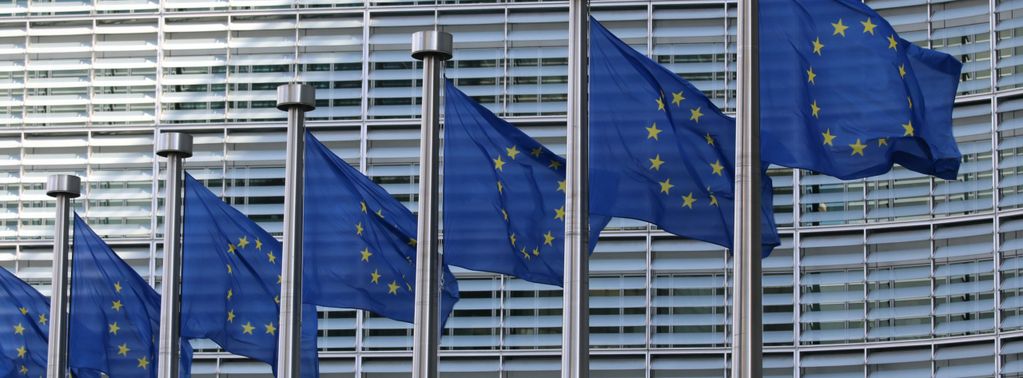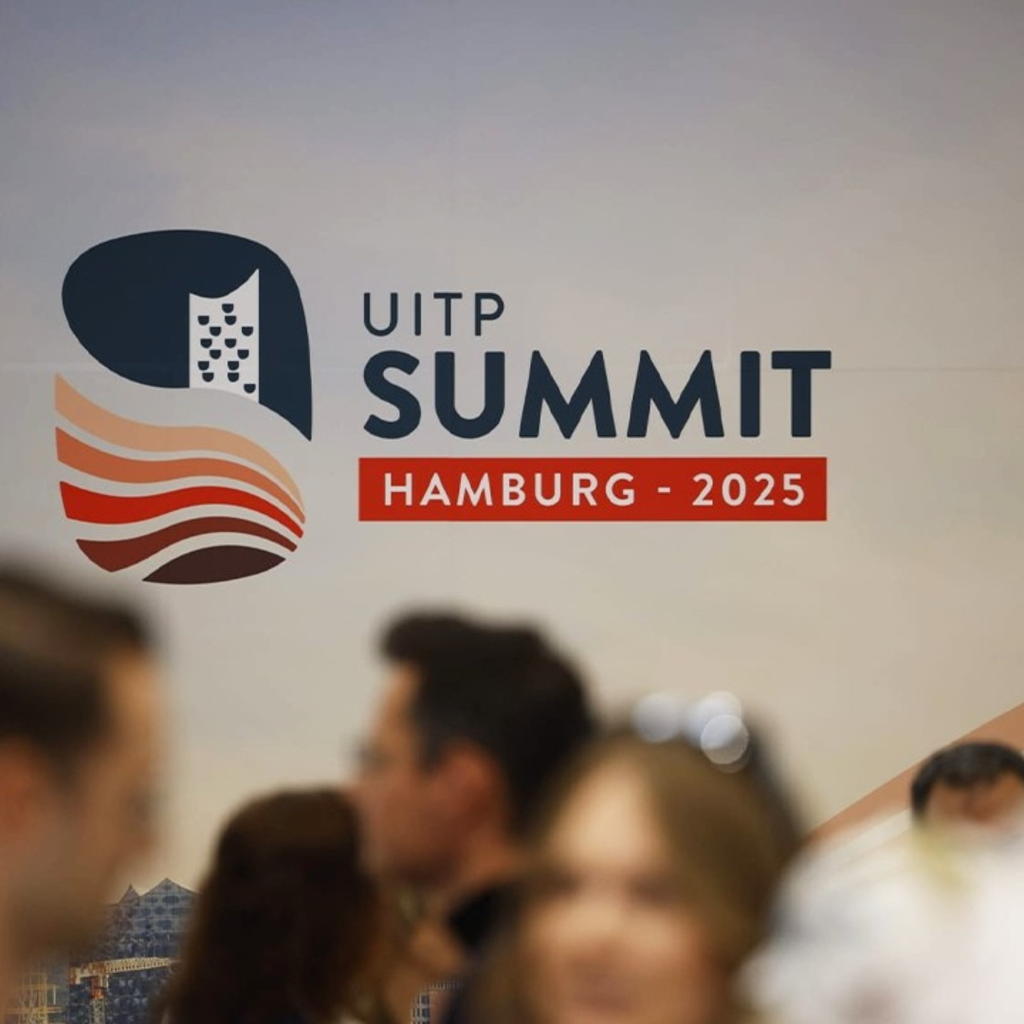
SGIs Network Joint Declaration for the Tripartite Social Summit of 22 March 2023
Consolidating the EU Single Market, focusing on green and fair dimensions
The SGIs Network gathers associations representing providers and employers of services of general interest (SGIs) and public services.
The COVID-19 pandemic and the energy prices crisis highlighted that SGIs are a cornerstone of the EU social model and democratic societies. They have a central role in ensuring the citizens’ quality of life, contributing to informed citizenship, supporting the development of European businesses, and boosting the EU’s growth and competitiveness.
With the green and digital transition transforming the daily lives of citizens and enterprises, the quality and access to essential services such as education, energy, healthcare, public service media, postal services, public transport and railways, as well as services provided by local and regional governments will remain instrumental to the realisation of our shared objectives. With this statement, the signatories put forward some critical messages for consolidating the EU Single Market, focusing on its green and fair dimensions.
Ensure easy and stable access to EU funds and financing
With growing national debts and budget cuts, EU funds and financing are critical for SGI providers. EU support remains vital in addressing SGI providers’ sustainability and digitalisation challenges. Investments in SGIs are essential for the European Green Deal to deliver on its strategic objectives, including decarbonisation and social justice.
State aids must evolve from “enforcement of fair competition” to “active policy tools” to channel productive investments for the benefit of competitiveness and sustainability.
The Recovery and Resilience Facility (RRF) is at the heart of the EUR 800 billion NextGenerationEU recovery plan for Europe. While we appreciate the EU’s efforts to support economic recovery following the COVID-19 pandemic, we urge Member States to ensure that these funds are used to strengthen public services and address the pressing challenges of climate change and digitalisation. The SGI Network calls for a quicker implementation of all investments and reforms pledged, particularly in the new frame of the recently approved RePowerEU.
Moreover, the SGI network calls for the upcoming review of the EU economic governance to cater for the need for SGI providers to guarantee the continuity of public services, to relaunch public investments and provide quality services for all citizens.
Address skills mismatches and labour shortages
The provision of SGIs is crucial to citizens’ well-being and the EU’s overall social and economic resilience. However, the ability of SGI providers to digitalise, decarbonise and fulfil their mission is threatened by significant staff and skills shortages.
Labour and skills shortages hinder SGI providers and put additional pressure on labour markets. As a growing number of enterprises depends on a shrinking number of workers, fierce competition for talent contributes to higher labour costs. In many Member States, the number of unfilled positions exceeds the vacancy levels observed over the last decade.
In the context of the EU Year of Skills, the SGI Network call on the Commission and Member States to emphasise improving the interconnection between the labour market and education and training while developing quality frameworks for skills forecast, intelligence and development. We, therefore, call on systematically improving, with the support of Social Partners, common knowledge and understanding of skills’ needs and anticipating mismatches, in views of promoting inclusive and tailor-made and lifelong learning for all. In that regards, European Social partners can play an essential role in better anticipating the skills’ needs in the future, ensuring a better match between skills’ and jobs’ needs and supporting enhanced workers employability.
Rethink the Single Market on its 30th anniversary
In 2023, the EU will celebrate the 30th anniversary of the Single Market. Established on 1 January 1993, the Single Market allows goods, services, people, and capital to move around the EU freely. It has led to an unprecedented market integration between Member States’ economies while accelerating the economic development of Member States that joined the EU in the last 30 years. Considering the core importance of SGIs to the daily lives of citizens and enterprises, the Single Market and the EU social market economy should grant them a specific recognition.
Critical policy choices are needed as the twin transition reshapes our society and economy. With the Green Deal Industrial Plan (GDIP), the EU has a roadmap to preserve its competitiveness in a competitive geopolitical environment, addressing short-term challenges without sacrificing long-term prospects. Enabling the Green Deal, the GDIP will also have to deliver services of general interest and public services through increased flexibility, predictability, and simplification. For SGIs, it will be crucial to guaranteeing a level playing field for all actors across the EU, private and public, including for access to finances. Equal treatment for all enterprises must be a cornerstone of the Single Market and, ultimately, will foster cohesion across the EU.
Ensure the success of a fair green transition
The SGI Network recognises the urgent need to accelerate the energy transition to mitigate the devastating effects of climate change. SGI providers are committed to promoting sustainable and environmentally friendly services. We call on policymakers to create a conducive regulatory environment that incentivises innovation, investment, and the adoption of clean energy technologies.
To become carbon neutral by 2050, the EU requires major changes in the whole energy value chain: the goal is first to consume less energy and then consume low carbon energy, based on a long term vision. Safeguarding this goal, electricity will have a key role to play along-side with low-carbon technologies, renewable and decarbonised gases district heating systems (wherever economically feasible) as well as a new hydrogen market.
Carefully reconsidering the electricity market design will therefore be necessary as present objectives of the Electricity Internal Market are mostly different and no longer fully reflect the current challenges. Energy prices and market distortions lead to rising energy bills on SGIs, ranging from public transport to postal services. This leads to higher prices of electricity in comparison to fossil fuels, running against the goals of the European Green Deal. SGI providers believe that the newly revised market design must offer consumers stable prices of low-cost and low-carbon sources and anchor this change at the root of the needed evolutions. Every measurement taken when revising the Electricity Market Design (EMD) must address the security of supply in the energy sector so as not to harm consumers and the economy across the European Union.
Avoid dominance of digital platforms
The SGI Network raises awareness of the impact that large digital platforms have on SGI providers in terms of additional costs and limiting access to valuable data. A dominant position could lead to an increase of the profits of digital platforms at the expense of public service budget due to rising costs. In addition, limits on data access will prevent SGI providers to better understand user and customer needs, trends and adapt the services provided accordingly. As such, it is critical to ensure a level-playing field between platforms and SGIs to provide improved services as our societies become more digitalized.
Signatories

Contact
UITP













